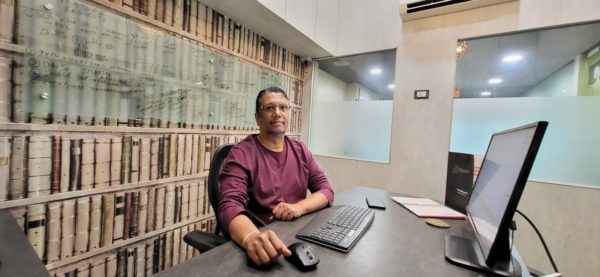The vertical AI movement is taking over the world and a number of startups are changing the scenario for the SEA (South East Asia) region. This has become particularly important for the growth of AI in the region.
While the tech brainpool of the region can develop innovative AI models, there is a clear lack of funding to build something akin to OpenAI. So, taking the customer-first methodology of vertical AI development is the best option available for SEA startups, and they are excelling at it.
Vertical AI Trends are a Success in SEA
The presence of vertical AI is not the same for all the SEA countries. Since this form of innovation is customer-centric, the needs of each specific region are dictating the development of AI models.
For example, in Vietnam AI models that serve B2C brands are highly focused towards serving the regional audience. On the other hand, AI models being developed for B2B brands are more global-market oriented with a one-size-fits-all approach.
In Indonesia, the local market is large enough that AI startups do not need to cater to the global audience at all. So, the developers here are exclusively working on vertical AI models that will serve local industries.
In Malaysia, securing supply chain infrastructure has become a primary role of vertical AI. Startups such as Zolo and Seafood are leading the segment by eliminating middlemen and securing higher margins for the sector.
While the rest of the world is looking forward to the various developments in horizontal AI, Southeast Asia has found its niche of innovations that are winning across verticals. Antler, a Singapore-based venture capitalist firm, has already invested in 37 such startups across the entire region.
There are Unique Challenges
The primary challenge that most developers in the region are facing is having to build models from the ground up. The Western AI models meant to serve a vertical purpose can not be simply tweaked for the SEA markets. Rather, a completely new approach needs to be taken keeping in mind the region’s realities and the businesses’ specific needs.
BorderDollar, a Singapore-based invoice-financing platform had to come up with their AI-run credit-scoring system because no Western model can be applied to the region.
Many such stories show the uniqueness of SEA markets and also prove why vertical AI chose to take the ground here while the rest of the world is nurturing horizontal innovations.













